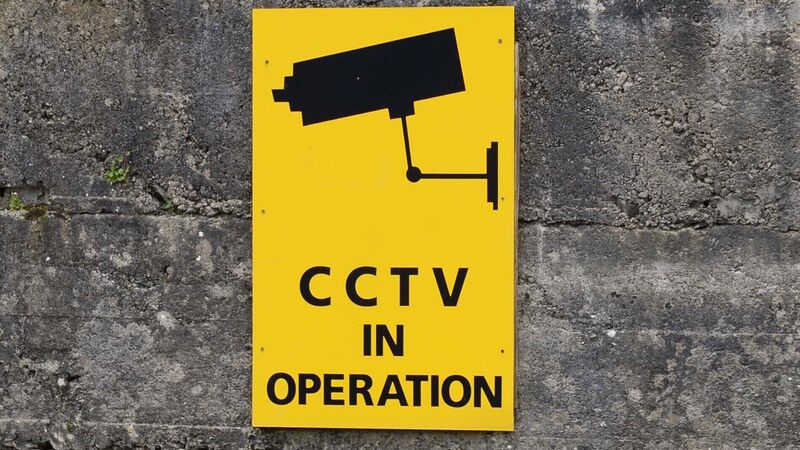Limerick gardaí defend use of CCTV despite multiple GDPR breaches

Gardaí stressed the importance of CCTV in assisting with Garda investigations and their role in solving crimes. Picture: Denis Minihane
Gardaí in Limerick have defended the widespread use of CCTV in crime detection despite a €110,000 fine issued by the Data Protection Commissioner (DPC).
Following a three-year investigation into its use of CCTV, Limerick City and County Council have been fined by the DPC.













